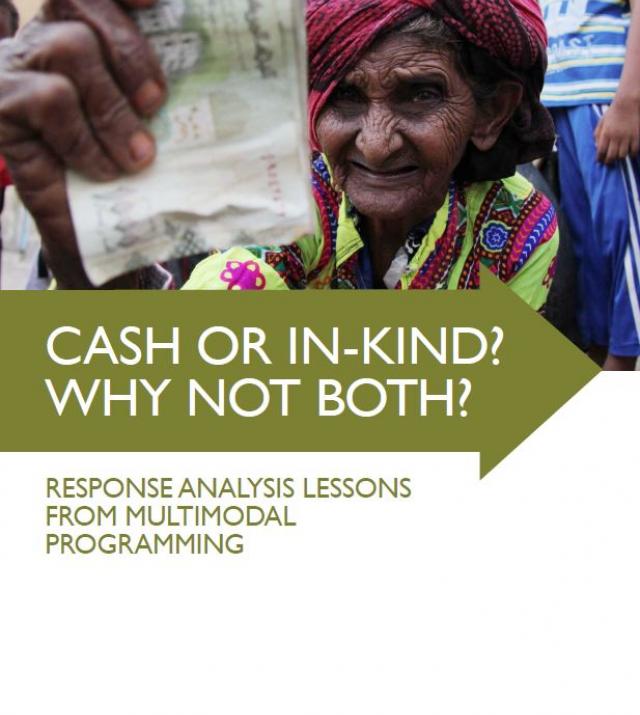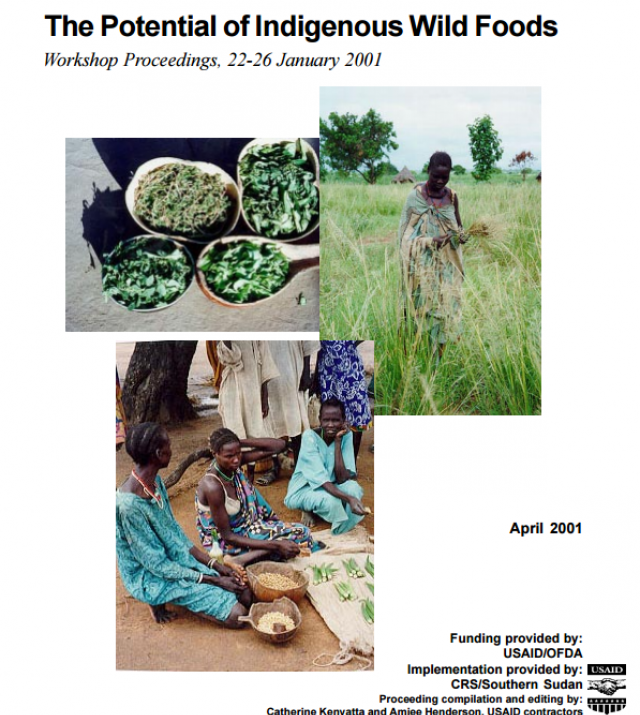
Impacts of Food Vouchers on Local Markets: Reflections From CRS' Experience in Niger

Food vouchers, as well as Local and Regional Procurement programs (LRPs), are assuming greater importance in Africa and elsewhere as viable alternatives to traditional food aid. LRPs are attractive from several perspectives – timeliness, cost, management, adaptability to local tastes and conditions, empowerment of beneficiaries, etc. But LRPs offer a suite of possibilities, not a one-size-fits-all solution and require choices for each setting according to the objectives and resources. This is apparent in the body of knowledge that has emerged from an array of innovative experiences in food assistance over the past decade.
This note draws upon the findings of that study which generally confirm the results of earlier work on local and regional staple food markets. In essence, markets are not perfect, but can accommodate food-voucher programs reasonably well where local food shortages and adequate supplies exist. This, however, must be within a region served by established trade networks (Aker 2007, CRS/SIMA, 2010, WFP 2005).
In addition to the introduction, our paper consists of six sections. Section I looks at voucher programs in the context of the changing character of food aid. Sections II and III describe the livelihood systems of South West Niger and the staple food markets serving the area. Section IV provides an overview of Project ADVANCE. Section V summarizes the findings on impacts from the voucher distribution on the structure, demand and performance of local markets. A final section summarizes the major lessons from the ADVANCE experience.
